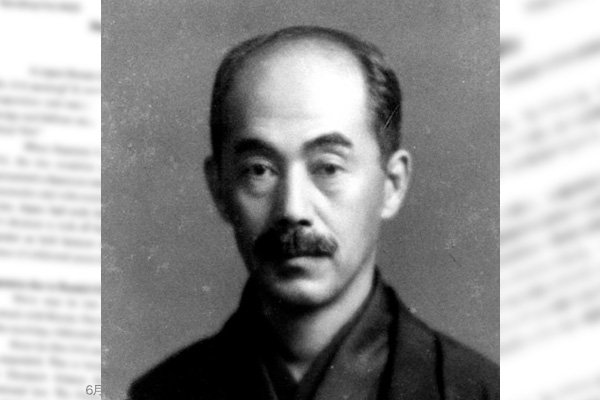On August 1, 1945, Japan’s leading folklorist Kunio Yanagita was informed by a friend of his that the war would end soon. Yanagita, who had passed his 70th birthday, determined that an age where he would have to work had come and began to write a book titled “About Our Ancestors.”
Yanagita was interested in where the souls of the war dead would go and how Japan should address a crisis in which none would protect and unite families after many young people died. Since before the war, urbanization in Japan has advanced, with population concentrating in Tokyo and other big cities. As far as people lived in rural regions, locations for their living and farming were determined by their ancestors and living there was seen as the way to make their families prosperous. But moving to cities deprived people of the concept of ancestors and descendants. The collapse of “families” became decisive when Japan was defeated in the war.
This was because young people in their prime died in the war. If those young people died without providing descendants, seeing off aged parents or presiding over families, then families, local communities, living practices or festival leaders would disappear. Yanagita wrote “About Our Ancestors” depicting how Japanese people lived to shoulder their family history and produce next generations and considering the repose of souls of the war dead.
Leftists are devastated spiritually, while conservatives ignore realities
Recently, the proposed optional separate surname system for married couples has provoked a lot of debate between conservatives and leftists. Their arguments are simple. First, conservatives give priority to the cohesion of families, while leftists divide couples into individuals and emphasize their respective rights. Second, the issue is whether the Diet as the legislative branch backed by voters’ opinions, rather than the judicial branch, should decide on the rights and wrongs of the separate surname system.
Amid the debate, a leftist book says Japan’s graves are very gloomy, filled with hierarchical orders, competitive spirit and authoritativeness. This passage simply shows that its author is spiritually devastated enough to see all human relations only from negative or offensive viewpoints such as hierarchy, competition and authorities. Leftists have no interest in whereabouts of the Japanese dead’s souls and the significance of succeeding family traditions for people’s lives, which Yanagita coolly contemplated.
Conservatives opposing the separate surname system for married couples, for their part, ignore the fact that families now have been plagued with various problems, with the divorce rate rising. They always drift into a family community absolutism.
Yanagita’s viewpoint is required now
Both leftists and conservatives have failed to provide words that get to the heart of most Japanese people who lead lives in Japan, focusing on daily lives without being interested in political movements. I feel that this is a fundamental problem with present Japanese opinion world.
We may need to build on the words of Yanagita to muse about families again apart from political struggle.
Akinaka Senzaki is a professor at Nihon University.


